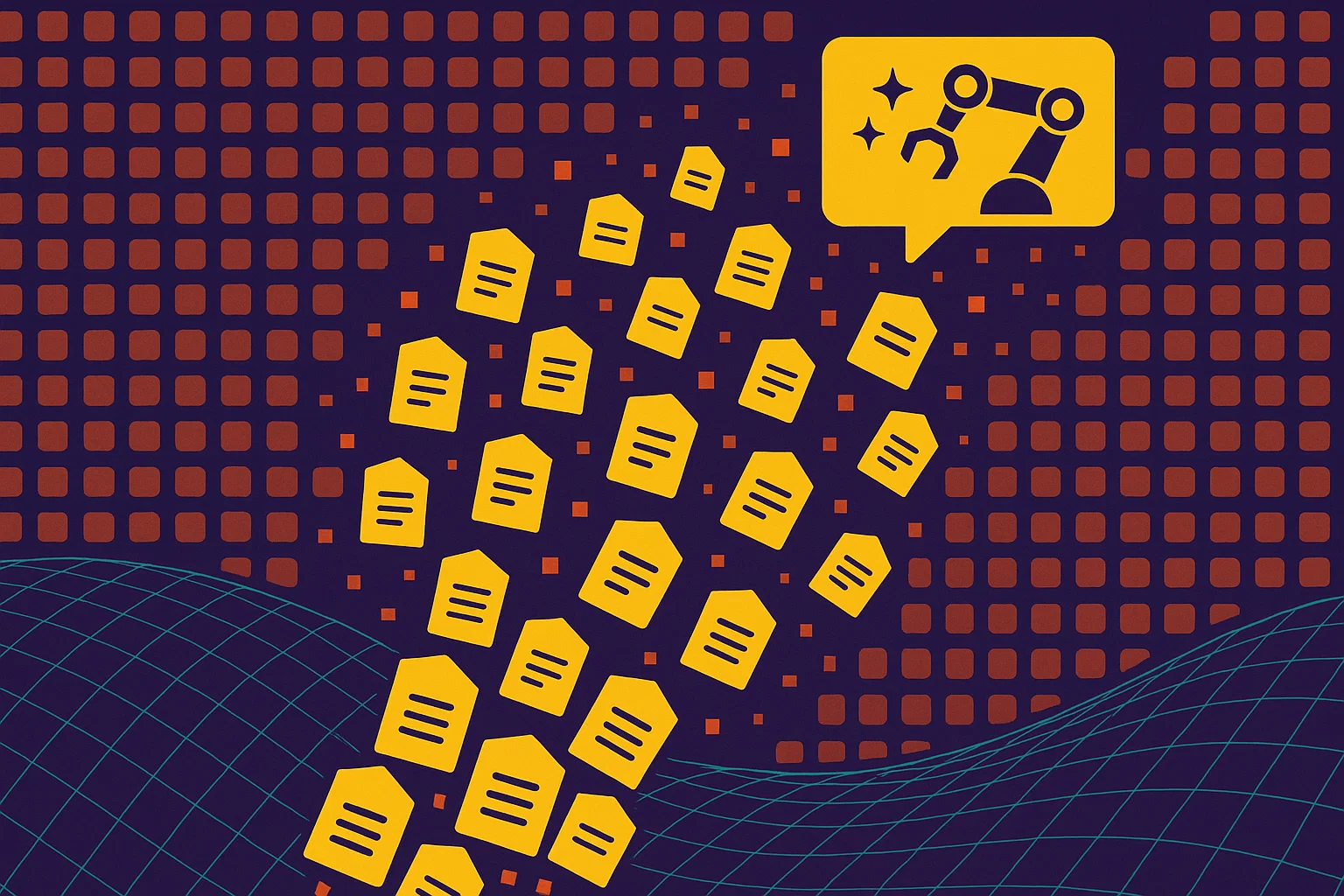Algorithmic Assistance with Recommendation-Dependent Preferences
NeutralArtificial Intelligence
A recent study discusses how algorithmic recommendations can influence decision-making processes, particularly in fields like law and medicine. It highlights that while algorithms are designed to assist by providing risk assessments, they can inadvertently create a default bias, making it challenging for professionals to deviate from these suggestions. This is significant as it raises questions about the autonomy of decision-makers and the potential implications of relying too heavily on algorithmic inputs.
— Curated by the World Pulse Now AI Editorial System




